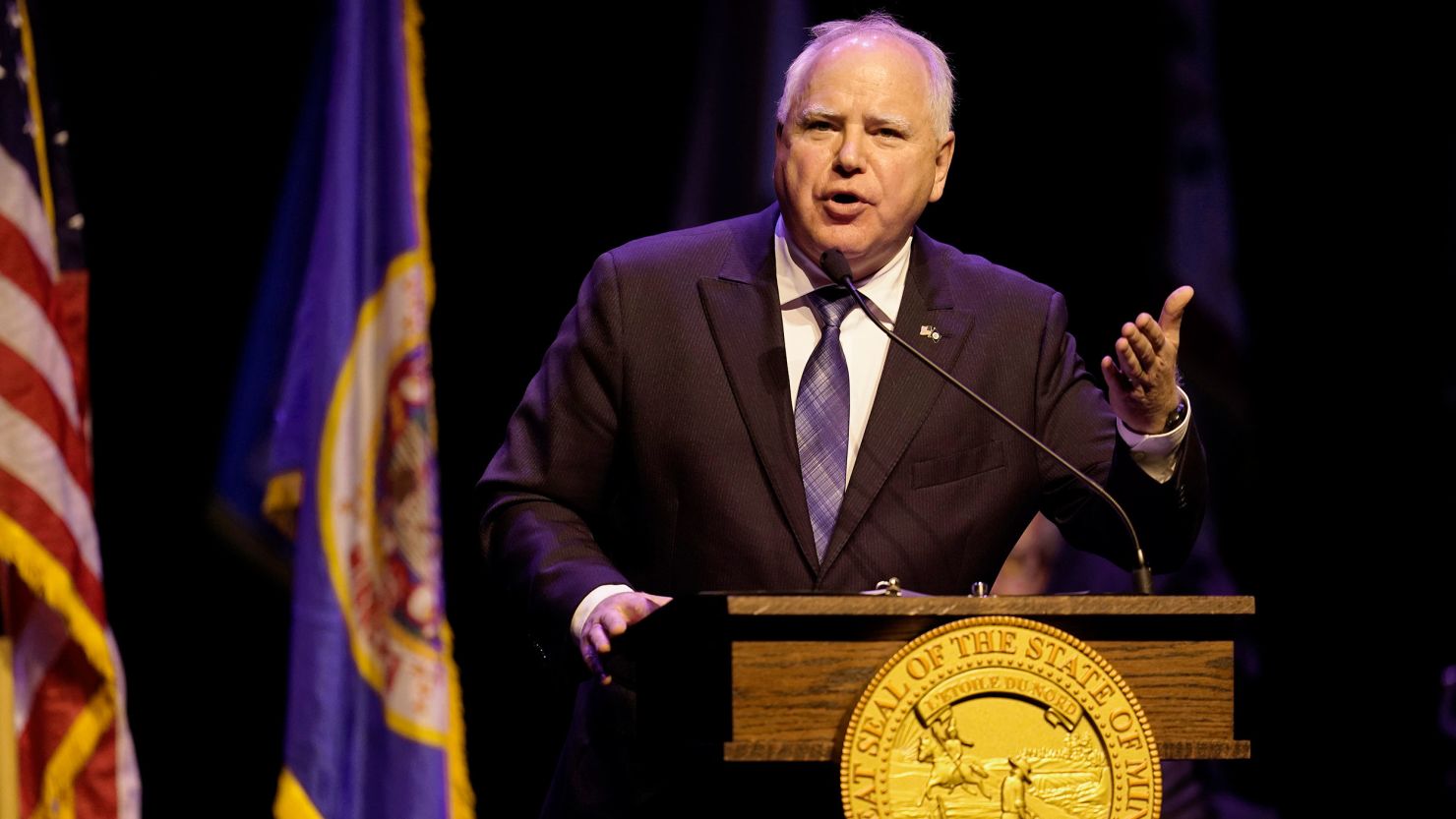Minnesota Gov. Tim Walz on Friday signed a bill that will restore the voting rights of thousands of convicted felons in the state this summer once they leave prison, instead of after they complete parole.
“Today, I signed a bill into law restoring voting rights for over 55,000 formerly incarcerated people – the largest expansion of voting rights in Minnesota in half a century. Minnesota will continue to lead in the fight to keep our elections safe, free, and fair for all,” Walz, a Democrat, said in a tweet.
The law will go into effect on July 1 and allow as many as 55,000 formerly incarcerated felons to vote from that day forward.
State lawmakers approved SF26, otherwise known as Restore the Vote by its supporters, in February. Both chambers of Minnesota’s statehouse are controlled by Democrats.
The passage of the bill followed several years of legal challenges to the constitutionality of the state’s former law, which prohibited people who were on felony supervision or probation from voting even if their prison term has been completed or they have never spent a day in prison. Removing obstacles to voting for former felons has been the subject of partisan warfare in some states because of the perception that this cohort of voters is more likely to support Democratic candidates.
In 2019, the American Civil Liberties Union of Minnesota challenged that law, arguing that Minnesota’s constitution guaranteed someone’s right to vote automatically once they were released from jail. The law had prevented more than 50,000 Minnesotans from voting and disproportionately affected people of color, the ACLU said.
Minnesota’s Supreme Court in February kicked the issue to the state legislature, which had been considering the Restore the Vote bill since early January, when Democrats took over the state Senate.
Now that the bill has been signed, Minnesota will join 21 other states that automatically restore the right to vote for some or all ex-felons upon their release from prison, according to the Voting Rights Lab, which tracks election laws at the state level.



